|
1 One
2 day, in 3 a story: 4 A Tibetan 5 monastery, built 6 proud in a distant age 7 where monks sought to count the names 8 of He who created the earth. 9 The purpose of the universe was 10 said to be so men with words could seek and 11 find and then transcribe the names of the divine. 11 A million moons had waned and 1000 names 10 were written before the computer age, 9 when the monks switched on their new machine 8 to count names at the highest speeds 7 this side of eternity 6 to solve The Mystery. 5 And on the first night 4 the stars went out 3 silently, 2 one by 1 one. It was around dinnertime when the doorbell rang.
In my country, the doorbell is a signal to most folks that the person standing on your doormat is probably someone you don't want to meet. But, unlike most folks, I'm not like most folks. I was genuinely happy to abandon the stove and the half-filled bath on the second storey. I took the stairs two at a time. I opened the door to see two well-groomed young gentlemen in matching short-sleeved shirts. And I smiled. These guys had each traveled from one side of the planet to the other to share something they really cared about, without any thought of financial gain. Most musicians can relate to this situation. Many people turn these guys away, heckle or antagonise them, but most just ignore them completely. Most musicians can relate to this too. They spend most of their time going from place to place, dreaming of speaking up and being truly heard, all the while vacillating between a profound conviction in their inherent brilliant worth and withering self-doubt. Musicians, again. When I told them I was familiar with their material, their eyes were alive as four sunrises. When they left, one of them handed me a small card with a painting of a prophet from long ago. Tenderly. As if it were a photograph of a lost puppy. I don't need anything from them and I certainly don't need to be interrupted at dinnertime. I don't really need the conversation, their literature or their interpretations of world events. I just love the sunlit eyes of new believers. Zeus and Hera had two sons, Ares and Hepaestus.
Ares liked to destroy things. He was the tall, strong and cruel god of war. Hephaestus liked to make things. He was the crippled god of fire and crafts. Nobody is sure whether he was born lame and thrown away by his disgusted mother or if he was thrown to earth and crippled by his father after breaking up a marital conflict. Either way, hey? Hobbling around his forge, Hephaestus created armour, thrones and houses for the gods. When Zeus was having hassles with Prometheus, Hephaestus was commissioned to sculpt a woman from dirt. Her name was Pandora and she was given to Prometheus's brother in marriage. For her dowry, Pandora brought a jar filled with evils. She lifted the lid and afflicted humankind with Hard Work and Sickness. The only thing left in the jar was Hope. Zeus lusted after Metis. He hunted her like prey.
Metis desperately tried to escape, changing her form many times, but Zeus eventually had his brutal way. Wasn't the first time, either. Afterwards, he began to worry if Metis might be pregnant. So he ate her. He tricked her into taking on the likeness of a fly, then swallowed her like a Morning After Pill. Of course, Metis was up the duff and was pretty pissed at her situation. She knew her child would be vulnerable with a father like Zeus, so she decided to protect her with her own suit of armour. She started hammering out a helmet and Zeus developed a headache the size of a hangover. In agony, his screams could be heard all over the world. The gods assembled. The fleet-footed god of commerce realised what was going on and directed the crippled god of craftsmen to cleave Zeus's skull with an axe. In spite of his efforts, from out of that serial rapist's head, the god of wisdom was born. A fully formed woman, dressed for battle. Long ago, before there were mortals on the earth, Zeus gave Prometheus the task of creating humans. Prometheus knelt in the mud, dug down and shaped a man with his own hands, just like a sculptor would. Watching nearby was Zeus's daughter, Athena. Athena had been born from Zeus's head - like an idea - as a fully formed woman clad in armour but vulnerably naked beneath her coverings. She admired Prometheus's work and breathed life into his creation. Art and ideas; muddy hands and a delicate mind. Intensely proud of his sculpture, Prometheus decided to distinguish men from beasts by making them stand upright like the gods. That is when everything changed. Disgusted, Zeus decreed that men should demonstrate their subservience by sacrificing a portion of their food to the gods. Prometheus tricked him into accepting skin and bones, while humans should enjoy the meat. Forever. In a rage, Zeus removed fire from men. Defiant, Prometheus lit a torch from the sun and brought the stolen flame to his shivering creations. A little piece of the heavens on earth. Zeus sent his servants, Violence and Force, to take the sculptor to a mountain and chain him there with unbreakable diamond chains. There he was tormented by an eagle tearing at his liver, which regenerated in the night.
Zeus gave Prometheus two options to escape this fate. Prometheus chose neither. I once had an epiphany in a public toilet.
I was in downtown Athens seeking relief for my belly full of bottled water when I came across a huge outdoor concert in one of the squares. Some American Christian band was rocking out Protestant-style in a country where it is practically illegal to be anything but Greek Orthodox. Product in the hair, hands in the air and all that. I ducked into a loo and found myself shoulder to shoulder at the urinal with a white-bearded man who was already midstream. In Australia, you don't acknowledge fellow urinal users unless it is obvious that you are each very drunk. You might ask them if they're having a good night or something. I should not have been surprised that in Greece, they get philosophical. "There is no humanity in this," said the man, the music pulsing through the floor. "In the old days we had many gods, many stories. Much humanity. Now there is just one story. No humanity in this one." Very unorthodox. Two shakes and he was out of there and I was left alone in contemplation. I decided he was right. In our culture, we really only have one story and we tell it to ourselves perpetually: Follow your heart and you will win. If you include the many variations of the story that motivated the band that night, we also have this one: There is a chosen one who will save us all. I don't think either story is working particularly well for us. I think we need different stories. So I'm going to start digging up a few and sharing them here. I have only noticed this year how often I feel scared.
I suspect I haven't noticed until now because I've been too scared to question my version of normal. The truth can hurt, and getting hurt can be scary. I have a pile of Things I Fear Most, but they are all stitched out of the same stuff and the stuff is paradoxical, which means it is probably true. Here they are: I'm afraid of my own invisibility and I'm afraid of being truly seen. So I flit from one truth to the other, always overcompensating for whichever of the unspoken fears is not being acknowledged. Sometimes I go to great lengths to be seen because I feel invisible. Other times I go to great lengths to evade the sunlight because of the truths stitched beneath my skin. Sometimes I am un-selfconsciously myself. This is sometimes beautiful and beauty sometimes hurts. So there. Why am I telling you this? I don't even know who you are. Why are you reading this? I get paid to help adolescents make music.
They're funny critters, teenagers. Seems everybody's got an opinion about them. Even Socrates had a well-quoted whinge, back when he was teaching teens as a way to supplement his thinking career, and folks have been chucking rocks at kids ever since. The usual stones to throw are about how they think they know everything and live like they're the centre of the universe. Some experts have a couple of excellent phrases to describe the adolescent mindset. They talk about the kids' belief in an "imaginary audience" and their "personal fable". The kid is certain everybody else is as obsessed with him as he is with himself, and that he is somehow unique and special. It's tricky being a teenager. You feel like nobody understands and that everybody is watching. Some might say this sounds like an mental condition. More on that in a minute. The thing about imaginary audience and personal fable is that they were once thought to be part of a phase that kids go through, before they can emerge out the other end as a grey-trousered grown-up with a mortgage and an ability to engage in small talk. But here's the fun bit. It turns out that many grown-ups keep performing for their imaginary audience, believing they are somehow special and unique. Insert social media critique here. So I've been working with adolescents, helping them make music, and I enjoy how zealously egocentric and delicately weird they can be. And I thought I'd write about it for you, whoever you are... Because it seemed interesting... Here's a picture of my lunch. Sadness and I go way back.
It kind of appeared out of nowhere when I was 14 and hung around. Like a dog, you know. Greyish. By the time I went to see a doctor at 28 I'd become quite used to having the old pup around, but it was making much more mess than it used to. It was massive, ate everything, shat on the rug most mornings and snarled if I walked too close. The doctor gave me a DVD, a leaflet or two and referred me to a website with a ten question quiz. All of them, the leaflet, the computer and the TV, said I was sick. The doctor said he'd had the same thing and that he was on the way out. That was amazing. Physician, heal thyself. So I took the tablets he gave me. One a day, for a year and a half. They gave me a fuzzy brain for the first few weeks and then the fuzz became a sign that I had missed a day. I remember becoming aware that I was speaking harshly to people. I soon realised that this new insight was born of empathy, and that I had been speaking harshly for most of my life. On to counseling, an art course and a career change. On to new ways of thinking, new questions to ask myself and new lilies and sparrows to consider. All fixed, I walked from the therapist's room after another 18 months. With a very obedient little greyish puppy licking at my heels. Cute as. He's grown and shrank twice since then. The first time made me so angry. I knew what was happening and did not want to have to chew all those brainfuzz tablets, or sit across from that therapist, or find myself on my knees wringing out a sponge onto that shit-stained rug. When I found myself crying into a pint (half-filled with emptiness) on a Tuesday afternoon I knew things were broken and I knew exactly how to fix them. So I did, quick smart. The second time was now. I did the test today. But I'm not scared. I'm just silent. I can hear two finches squeaking like a honeymoon bed, four ceiling fans and my own eight fingers tapping on a key pad. Outside is leaves dancing and distant cockatoos. There's a bunch of stuff I can't control - people, mostly - and there's a bunch of stuff I can. Easy. The dog is snoring under my desk, next to the amplifier. A young Bob Dylan once asked "How many years can a mountain exist before it is washed to the sea?" Back in 1963 a lot of folks interpreted the metaphor in terms of racism and, like all good poetry, it has been reinterpreted ever since. Allow me. Like all grown-ups, I think a lot about the topography of modern life and how it compares to the landscape in which I grew up. For example, a friend of mine took his first breaths in a Sydney labour ward filled with cigarette smoke. Can you even imagine? When we were kids, the cricket was sponsored by a cigarette company. There was a huge billboard outside our local milk bar showing people smoking happily on a beach. Inside that store we could buy lolly cigarettes with red tips on one end. My older cousins used to pretend to be that horse-riding smoker from the TV ads. Their dad told us of a commercial where Fred Flintstone lit up. Our grandfather remembers a promo for "the cigarette that's kind to your health" and knew a guy whose doctor prescribed him cigarettes for his asthma. The back cover of all Nana's favourite magazines was always a cigarette ad and I never could make the connection between the product and brand names like Longbeach, Holiday and Alpine. At school, kids used twigs as smoke substitutes in their games of Mums and Dads. One kid used half a brown Texta, some paper and talcum powder to create the most realistic one we'd ever seen. It puffed when he exhaled and we all gasped. We made bark rollies and coughed until we cried, wrapped lawn clippings in newspaper and burned our fingers. Eventually we scoured gutters for half-smoked butts. Once we found a whole one outside the deaf lady's flat. When we did birthdays at Pizza Hut, the middle section of the restaurant was reserved for smokers. Their grey haze reached us anyway and left my throat dry the morning after. You've got to agree. That's quite a mountain. Nowadays smokers are like that boxing kid in the Simon and Garfunkel song: In the company of strangers [...] When a friend and I had a spontaneous post-work puff last week we had to hike away from civilisation until we eventually found ourselves in the pleasant company of what felt a bit like a secret society. If we'd had simultaneous strokes it would have been days before anyone found us. Of course, none of this is about smoking. This is about mountains and the sea that washes them away. How did we get from Giant That to Tiny This? How did normality become deviance? The once omnipotent Marlboro men can now only afford to roll their own. The once omnipresent Winfield women now huddle on gum-spotted footpaths behind Woollies. How many years was it before that mountain was washed to the sea? That old mountain of smoke is now a peacefully smouldering molehill and a lot of this transformation took place during my lifetime. Don't be telling me that nothing changes. This change was not some inevitable outcome. It didn't just happen. The seas of time or justice or evolution or whatever may have been lapping away at the edge of that mountain, but seas tend to be more interested in the moon than the mountain. Perhaps this mountain was not simply washed away by the sea. Perhaps this was a mountain slowly taken apart, stone by stone. I wonder where all those stones are now. I wonder how long it takes to build a new mountain. And, for what it's worth, Bob Dylan has been smoking for close to sixty years. Something happened today that reminded me of an epiphany I had as a seventeen year-old pizza driver.
This afternoon I had been shopping with my six year-old daughter. I bought her a fluffy hair tie, which snapped before we had even got back into the car. She was distraught and back we went to swap the stupid thing. We approached the teller, who was busy counting a bundle of fifty dollar notes, and she said "Someone will see you soon," without looking up. Someone will see you soon? I don't think she was trying to be poetic. She had counted two bundles and was starting on her third by the time I had grabbed another hair tie myself. And, other than the CCTV camera in aisle three, nobody saw us. If my life comes down to having to choose between counting rolls of fifties for my employer or helping another human then my life is officially broken. Kick me in the face. And all this goes back to my epiphany as a seventeen year-old. I worked for a major pizza chain and we were trained to move quickly from the store to the car, from the car to the residence and back again. This was partly about safety (it's harder to rob a running pizza guy than a dawdling one), partly about the company getting the most work out of their employees and partly about employees appearing to be enthusiastic. This accelerated workstyle was referred to as the "hustle". Employees were rewarded with a form of currency known as Hustle Bucks, which we could spend on pizza. The word "hustle" can refer to a positive state of great activity, but it can also mean to push roughly and jostle. To hustle can be to obtain illicitly or by forceful action, or it can just be a plain ol' swindle. Predominantly negative definitions, I would say. Anywho, we were asked to hustle (pick the definition you like best) and paid in Swindle Bucks. On one evening I was self-consciously hustling from my Datsun to the rear of the store, head down, when the manager spotted me. "Good hustling, Dan!" he said Americanly, handing me a Forceful Action Buck. One of them. A single Rough-Pushing Dollar for my Momentary State of Great Activity. With the pizza delivery satchel in one hand and a pretend dollar in the other, I saw that my hands were full of emptiness. I lifted my head and realised that to have one's hands full of emptiness was probably a normal feature of modern, grown-up life, that it would kill me and that there was no fucking way I could live like that. I resolved never to run for money. I kept my head up and counted the steps to the store. Seventeen. Empty your hands. Keep your head up. You will see someone soon. The stars are always brighter when you get out of the city.
Staring up tonight, I realised something: People who live in big, bright cities tend to look down on people who live in smaller places. I have also noticed that people who live near the coast tend to make fun of inland places. It may not be that city folk think less of the people in a small town, it's just that Sydney is better than Wagga Wagga, which in turn is better than West Wyalong. And the coast is the most. This is why, in this way of thinking, Brisbane is cool but Longreach isn't and Darwin is hip but Katherine is less so. Canberra is a city in the only Australian state or territory without a coastline. (See what I mean?!) Using this logic, coastal location plus large population equals Cool Place To Live. (Cool Place To Live is also synonymous for I Am A Cool Person.) For example, I live forty minutes drive from a coastal city. This means those city dwellers make fun of me and my allegedly inbred country hick ways. My friend lives four hours inland from me, so I make fun of him and the price of petrol in his town. I'm not saying this is the way things oughtta be, I'm just saying this is something I'm noticing. It is as if, within the un-evolved monkey part of our brain, we are mentally congregating ourselves into big monkey groups so as to provide ourselves with protection from other monkey groups. Perhaps the coastal thing is a throwback to our convict days when the beach meant "only twelve thousand miles til home" whereas the desert meant a sunburned monkey in isolation. This week I was driving through the small town-filled predominantly non-coastal Northern Territory and passed by a tiny town which I later found out was the site of the Wave Hill Walk Off of 1966. From little things, you know? It made me feel small, like staring up at the isolated speckles in the night sky. They had started rebuilding Darwin by the time I was born. A big wind had blown all the walls down and thrown roofs across the countryside.
People had been building and living in homes that were not suited to the weather. I guess, up until that time, we had just been constructing English buildings like we did everywhere else. Silly colonials, acting as if the environment around them was a mistake. Let's all wear our woolen suit to the 38 degree theatre... Of course, we are the same today. That's why folks up here carry cardigans to their work places where the air-conditioning vents blow Winds Hobartian. Air-con is our way of saying "I have a certain lifestyle to live(style) and that weather out there is not a part of the plan." The clothing stores up here display winter stock even though this is a land that has never known winter, because that's what the rest of the country sells at this time of the year. (When I asked him, the sales guy said the denim jacket with woolen trim is really handy if you're "heading south," meaning almost anywhere else in the country.) It is as if we are living in spite of the place: I'm not here. This isn't happening. Close your eyes and think of Melbourne. A friend once introduced me to the idea of blooming where you are planted. I like the idea, though I'd take it a step further. I am both gardener and garden, in that I planted myself here. I can water myself too, make sure I'm not in direct midday sunlight and meet other blissful bloomers. But if I'm going to bloom here I need to know the soil, and there's a bunch of layers down there. If Australia were Europe, I have migrated from the equivalent of southern Israel to Sweden. I wouldn't dare imagine I knew anything about Scandinavian dirt. I wouldn't have dared assume that I was packing the Middle Eastern weather in my suitcase for a journey such as that one. But it's different in Australia though, right? Because the whole thing is called Australia? Because I sailed on a boat for a day, drove for a week and still was not There Yet? Some people say Australia was once hundreds of nations. Some say it still is. So, the wind toppled the city a few years before I was born. This means Darwin is a kind of peer to me. The city is young. It is as if the buildings are a youthful gang, without any boring sandstone grown-ups to tell them what to do. No elders anywhere to watch the architectural fashions come and go, nor to give any sense of the passage of time. And here I am, an indoor plant in an air-conditioned room, gazing out the window at a country that has never known a winter. In my heart, I left Tasmania one Sunday afternoon. That morning I'd had no intention of doing so and by sunset I had made up my mind. Sometimes that happens.
And now I am a sixth generation Tasmanian, living in the top of the Top End. Why did I move? Like a meerkat, opportunity popped its head up and I gave chase, hoping those little guys don't bite. I chased it in much the same way as my great-great-great grandfather, the Englishman John Townsend had seen an opportunity to work with a farming corporation on the other side of the world, signed up and got on the boat. I chased it in much the same way as my great-great-great grandmother Agnes Turley had seen her neighbours' house door ajar and Goldilocked her Glaswegian fingers all the way to the court house. Neither of them belonged in Tasmania, but there they were anyway. I don't belong up here either. Before my northern move, I didn't even own a pair of shorts. When I disembarked from that aeroplane, I shed the second skin that was my leather jacket and it has hung in my cupboard ever since. The humidity here has caused my guitar strings to rust and the ivory on my piano keys to come unglued. Delicate green fuzz started sprouting on the piano lid. The mornings started out hot and got hotter as the day progressed, without any of the schizoid weather changes with which I'd become so familiar. The skies rumbled every day at almost exactly the same time before screaming rain onto gutterless tin rooftops . Lightning struck and snapped a tree in my back yard. Frogs were living in my air conditioner. I didn't know what any of this meant. I didn't belong. Two weeks in and I had developed infections in my throat and ears, as if the weather had entered me and was rusting me from the inside, un-gluing and green-fuzzing me. It is probably not surprising that when I started writing songs again, they were all about the weather, the water in everything, the fire in the sky and the twitchy, lizard green, living-ness of everything. I had wanted to film a new song today, to complement these few written thoughts, but my camera has stopped working. Like everything up here, it has the weather inside it. 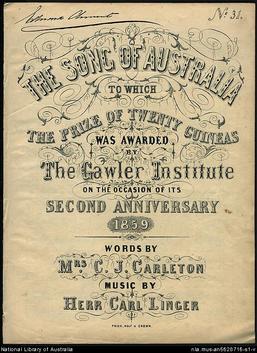 It is almost impossible to write a song for, about or of Australia. Songs about Australia are gateway drugs to John Williamson. The first step is admitting that you love this (wide, brown, sunburned etc) country. They can make Australians cringe in the same way Australians can make non-Australians cringe. Kinda like a rowdy murder of crows makes all the other birds thankful for their own throats and makes South Australians wanna eat them. Song of Australia was sung by the crow-eaters themselves as a kind of anthem for many years. The words were penned by an English-born woman living on West Terrace and the tune was composed by a German-born fella. It has five verses, with one really weird verse about worshiping wealth, and it lucked out at the 1977 referendum. But I like it. Banjo Paterson's Waltzing Matilda was one of four potential anthems Australians were offered in the 1977 plebiscite. The song received 28% of the vote, while Advance Australia Fair slid over the line with 43%. The story was probably inspired by the Queensland shearer's strikes of the 1890s. During one violent protest at Dagworth Station, angry shearers fired their guns in the air and burned down the woolshed. The owner of the station and three policemen gave chase to a bloke known as Frenchy who, rather than be captured, ended up shooting himself at the Combo Waterhole. Some historians have described this apparent suicide as more akin to a gangland murder. The State Library of Queensland has a pic of of the temporary shearing shed erected after the fire. There are three troopers on the left. The bloke fourth from the right is the land owner, dismounted from his thoroughbred. All this is classic folk music fodder: Sad guy gets sadder and kills himself in the final verse. No idea why he's described as "jolly" in the first line, unless the term is intended in the same way my mother uses it as a substitute for a swear word. ("Now, where are my jolly keys?") Some people don't get why this was ever suggested as a national song. I like it, but I'm a folkie who likes this kind of stuff. It's fun to sing and it's an engaging tale. The arguments are usually around the Aussie battler, the bush and all that. A fair go for short poppies. It's a better anthem than God Save The Queen, but I'll get onto that in my next entry. Having said that, the melody and the story don't match up at all. So I've messed around with each, stealing a melody from one of the greatest thieves. A stolen tune seemed appropriate, after all. So, here's a thing I've been thinking about a lot this past month or so: Australia's national anthem was written by a Scottish-born fella in the 1870s, and he was working as a teacher in New South Wales at the same time as the White Australia Policy was emerging. Recent history included the Victorian Gold Rush and the associated influx of all them Chinese folks. Queensland cane growers were "blackbirding." In 1873 Aboriginal people were the victim of a violent "incident" at Palmer Goldfield, and there was a massacre the same year that Truganini died and the extinction myth was born. In keeping with the times, Advance Australia Fair was an anthem for white men. The original opening lyric was "Australian sons, let us rejoice." A line from the second verse was "For loyal sons across the seas, we've boundess plains to share." Anglo! Anglo! Anglo! (Men! Men! Men!) After many boring years of disinterested debate the colonies decided to federate in 1901. The song was sung at the celebrations, while the flag representing English Christian-ness (Union Jack, southern cross) was hoisted for the first time. Seventy six years later a referendum saw Advance Australia Fair selected as the national song out of four options, one of which was God Save The Queen. It was adopted as the anthem in 1984 after a couple of lyric changes ("Australians all..." "For those who've come across the seas...") and we've been half-remembering the lyrics at footy finals ever since. Advance Australia Fair was written during a time and for a time which has long passed. Duh. We don't get it. It sounds racist, sexist and ignorant. There is entire line dedicated to the fact that we are actually - get this - an island. But there are some gems amongst the gravel, so I've picked the lines that speak to me and changed the melody to one which can only be sung from some wonderful soul place, down deep. And, like the song's composer, I sang it in a classroom after my students had gone home. Is it possible we picked the place on purpose?
Prompting, pushing poetry, prophecy, protest (Me?) Perhaps the place picked us: The festival for the manger baby The busyness, the star, the stable Outside the inn Counting coins and traveling songs Birthing noise and sandals in dung Candlelight and conversation Baby with nowhere to go, see? Refugee At the door, no guards – but the soldiers come At the window, no bars – but the soldiers come Homeless and hopeful Swaddling clothes Back on the road in the morning Festival for a refugee Sweltering season Shelter and seeking Silent Night’s about asylum, right? The island, right? Attention centred on detention centres Herod’s slaughter of the innocents Holy night and all is alight with the riots (like the rhymes of the unheard) Vagabond Lord / International Law Human rights be a light on that tree Off and on among the evergreen From foreign seas with all the needle leaves Presents beneath (Secrecy) Red and green boxes Truth unseen You and me On our knees Trying to imagine just what could be Inside those boxes under lights Like the baby in the trough on the Christmas night Underneath a starlit sky Left outside Live or die Like the souls in those walls behind walls behind walls Behind wire Behind guards armed to fire And no cameras inside Unstable Small cages, big skies Little gifts, blinking lights Landless Lonely inside Homeless baby, right? While shepherds watch flocks we get undies and socks While the refugees burn down their cages, we tan In the afternoon street cricket sun while the man And the mother of Christ and her son weep and run To the country where once they were slaves Will they never be safe? The ocean of desert The island of beatings and torture and raping and worse All the waiting and waiting and waiting Away in a manger This little lost lady lies lonely and knows That this stable is out here for a reason: Too close to the homes filled with family and friends Then that animal stench would offend, you know? The cattle are lowing The baby awakes Lock that fucking gate On the one day that’s stranded in three sixty-four In the stable that’s stranded Amongst homes with their double-locked doors On the island that’s stranded by miles and miles, see? ‘Neath the star and the tree lights, ‘Neath the fires and the riots, In the swaddling, The manger, The cheap wrapping paper, In the fencing and cages, In the silence The silence of night, A Christmas surprise – and this on the island – A new baby cries out Tonight To you Gigology (noun) The science of explaining the efficacy of one's gig, always applied retrospectively within the group of those involved and later within the mind of the main protagonist as he/she drives home in the early hours of the morning wondering what they are doing with his/her life/art/money.
It is often stated that success has many fathers, while failure is an orphan. When gigs go well, for example, the "fathers" are the artist and their performance, not to mention the venue owners and their hospitality, the promoter and their promotion skills and the audience's heart-filled involvement. When gigs go badly, nobody wants to cuddle that baby. It's because of the weather, because of another show down the road or because the town in question sucks on this-or-that-or-every-night. In a sense, there are many fathers to a failed gig, but they are each absent fathers. They're not even Weekend Dads. If they were, at least they could turn up to a bar on a Saturday night. Gigology is a dumb science, but it is an ancient one and it is still the only hammer a performer has in her toolbox for whacking that sense of futility on the head again. If things go well, it was me. If things go well, it was... un-me. The Buddha (not his real name) told his followers that life is suffering. He said that impermanence, instability and change cause suffering. Since life is always changing, it's unchangingly and quite permanently a bit painful. Wise as. Says I (not my real name), "Gigs are suffering." A gig comes and goes and I am always hanging around the drunks at the end of it all, struck by the impermanence of the thing and instability of my own self. Having done live performance for a while now, I believe the best gigs are the ones that make me feel very here and very now, while also being very aware of my own impermanence and how deep the sky is. (This is also very helpful self-talk for when nobody shows up.) A lot of the time I feel like I don't really fit anywhere. Sometimes I feel like just about anywhere is home, as if I inhabit several worlds.
Sometimes I do stand-up comedy shows. Sometimes I do spoken word shows. I have competed and won competitions within both of these worlds, something which is unmatched in my live music world. Sometimes I teach songwriting and sometimes I host songwriters' circles. A lot of short people know me as Mr Townsend. Some tall people too. Last week I was privileged to open an art exhibition. Last month I shared the stage with some of the biggest names in Australian music. Last night I rocked up to a gig without a stage, a sound system, or anyone who seemed to know what was going on. So I left. Tomorrow I will perform with my band at a festival celebrating diversity. My set is happily sandwiched between two drag shows, a chilled soloist and a smokin' band. The day after that I will sing my stories about Judas at a Baptist church heavily involved in social justice. I might even stay for the luncheon. I don't generally feel at home at art exhibition openings. It's too hard to keep the cheese on them little crackers. As for poetry, I have found it prudent to make a habit of avoiding anyone who identifies as a poet - myself included. I don't get "original music" as a concept, and don't identify as sexually diverse or as a churchgoer. But here I am. I am at home in all of these worlds, like a sparrow snatching crumbs from shopping centre tiles before singing my way through the automatic doors. And I never know what happens after that. |
Archives
July 2017
|
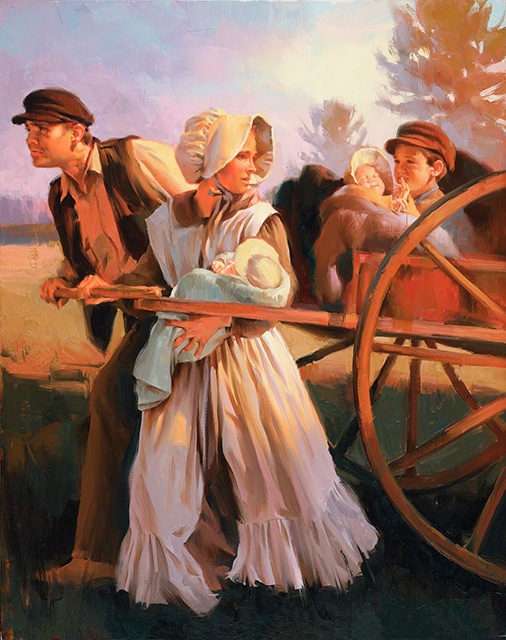
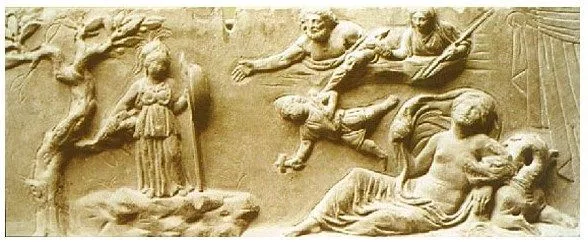
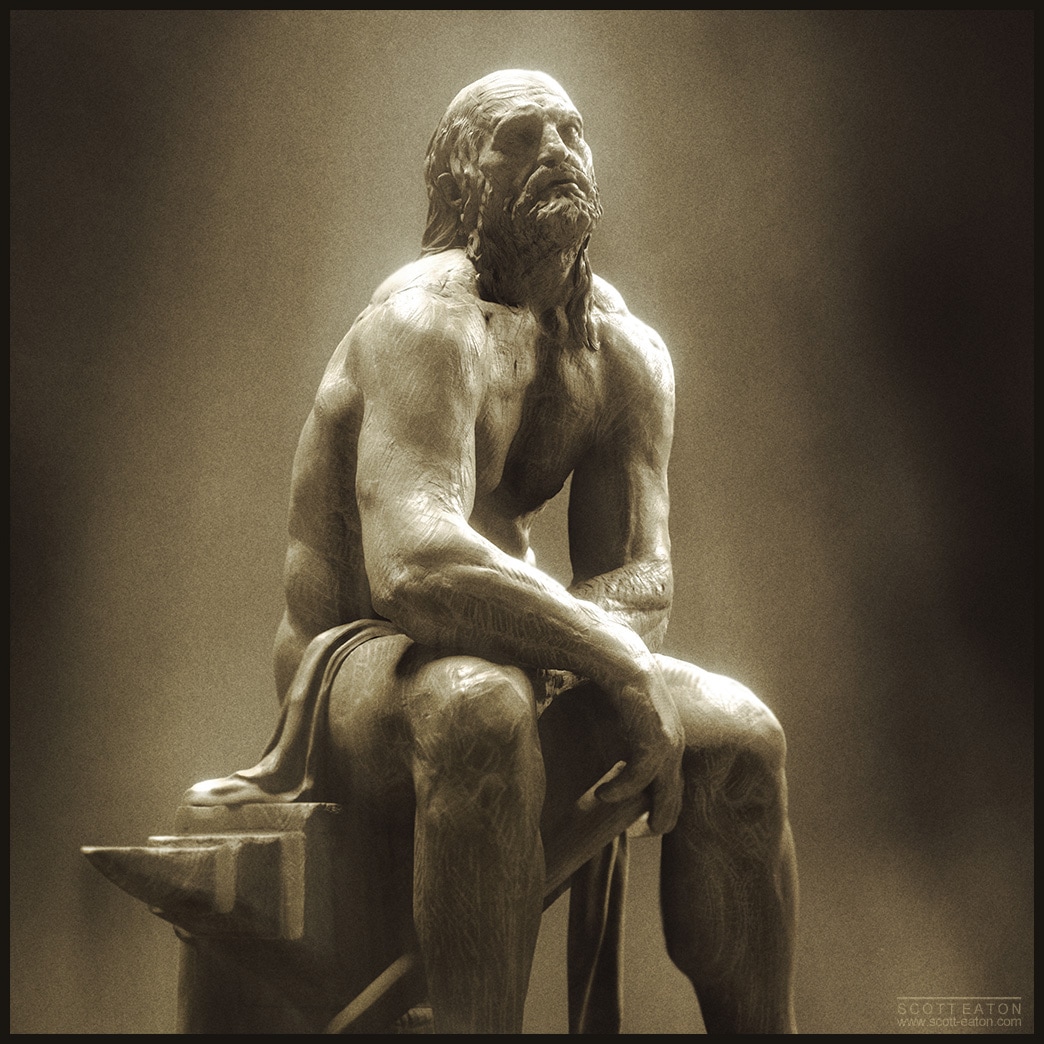
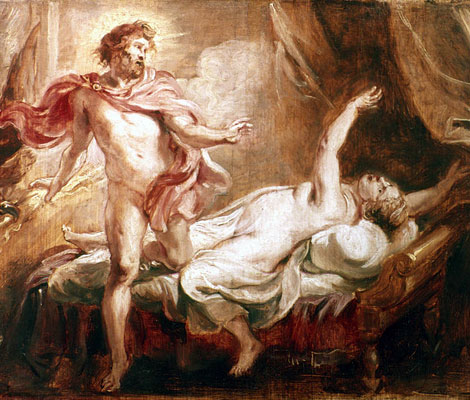
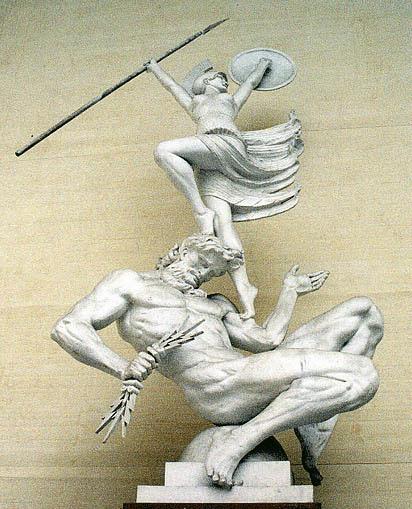
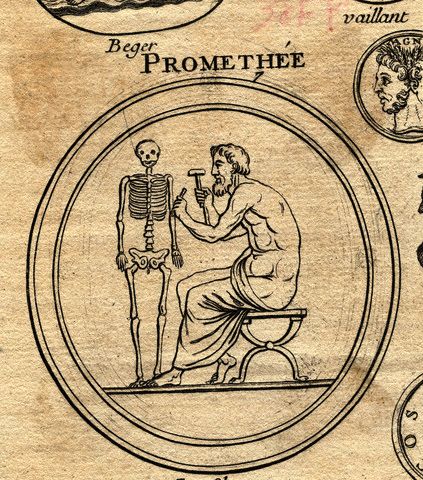

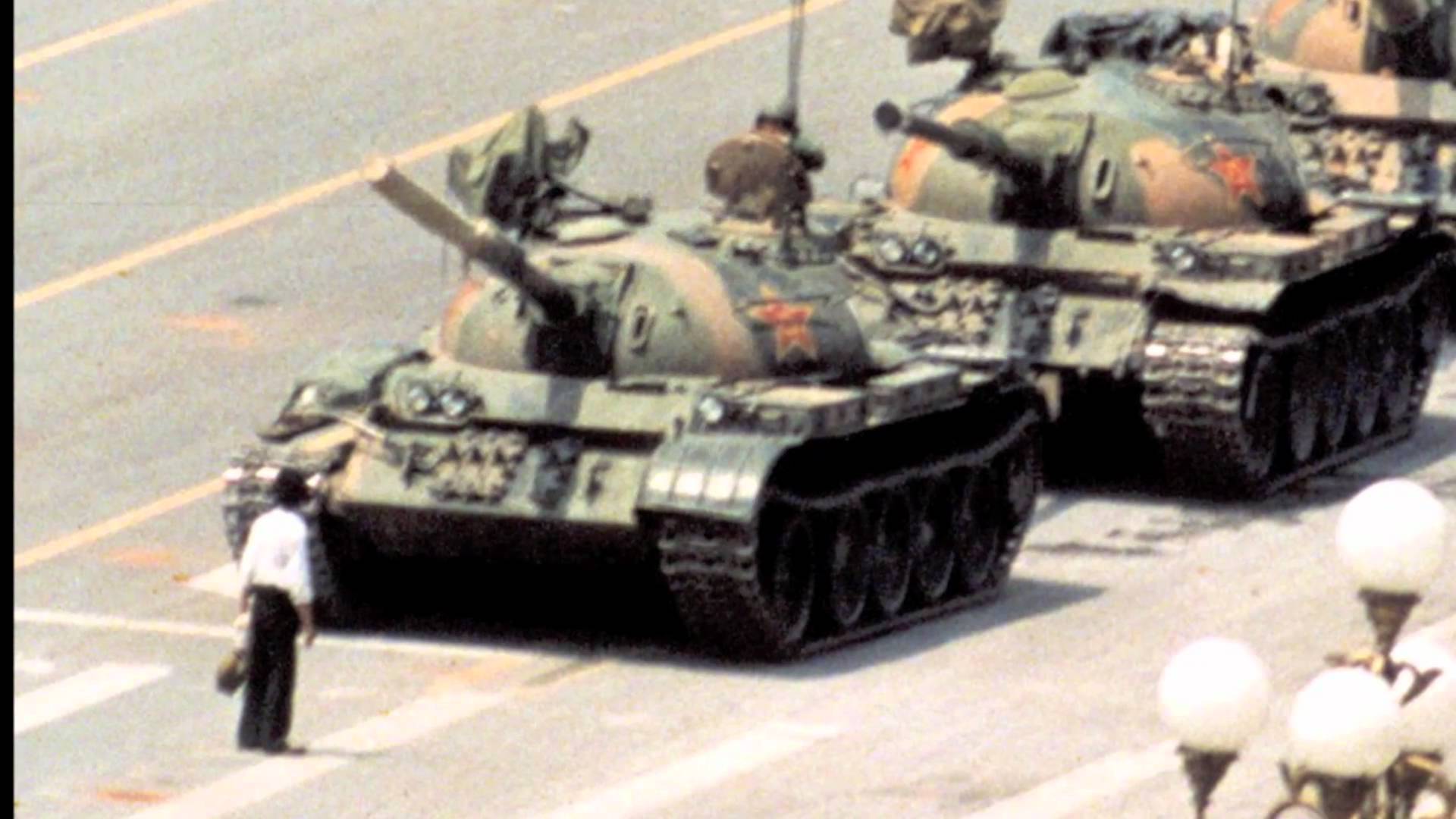
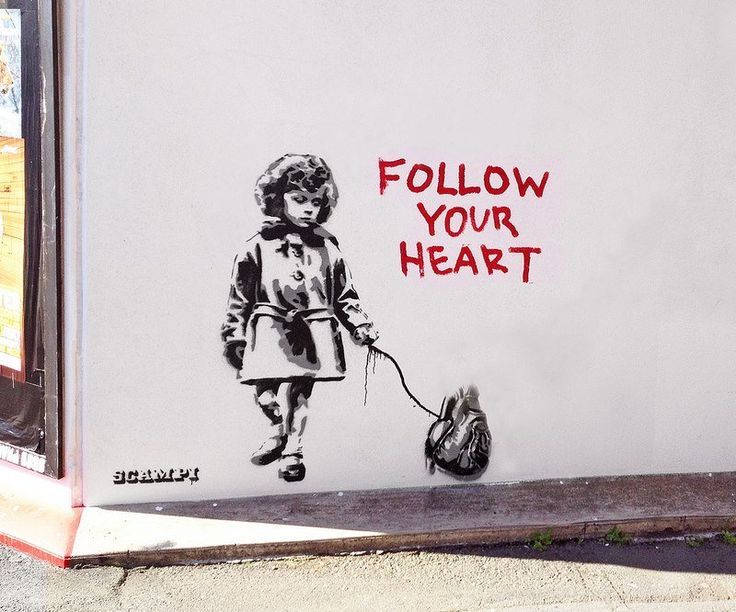
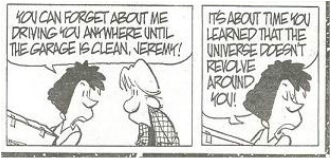
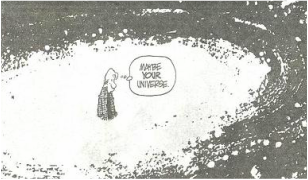
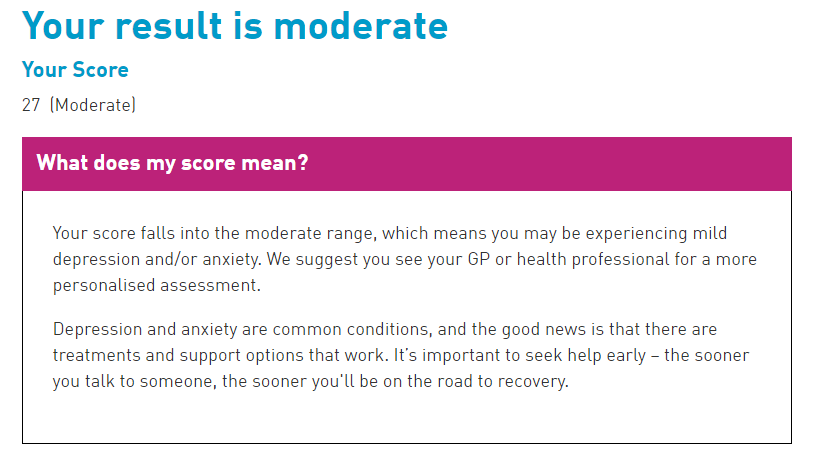
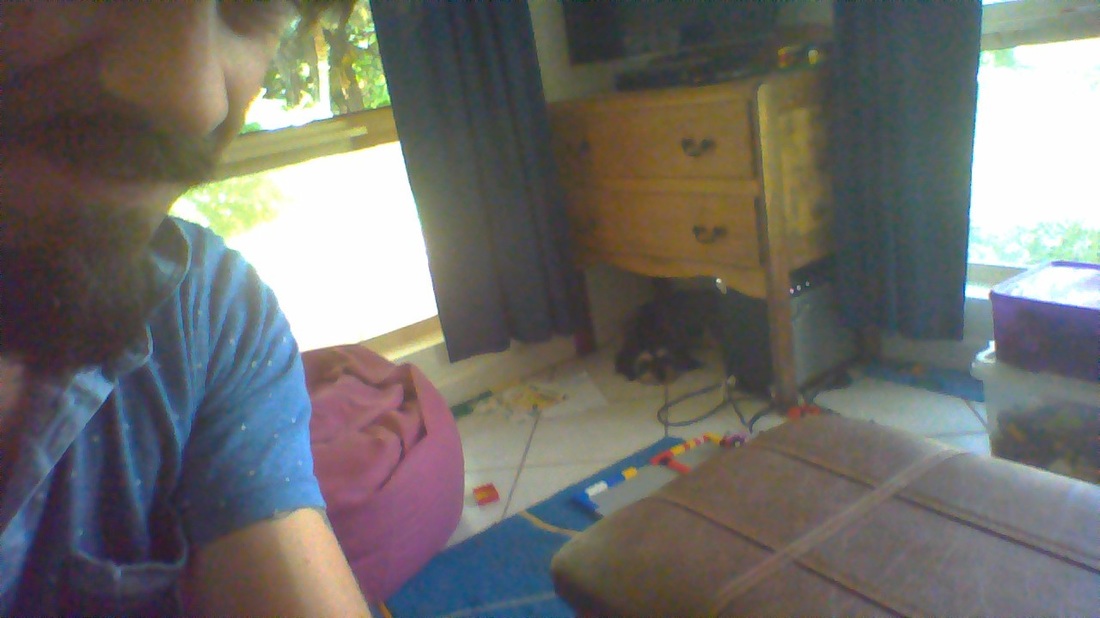
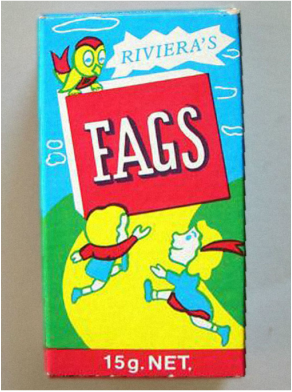

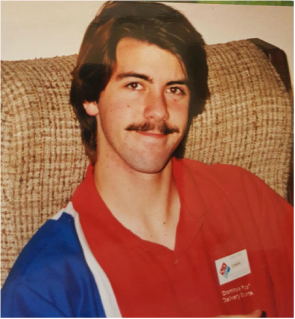
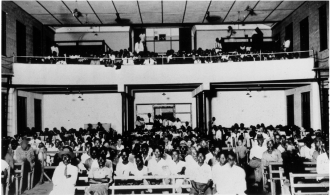
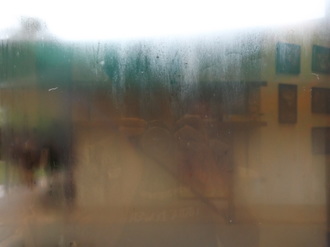
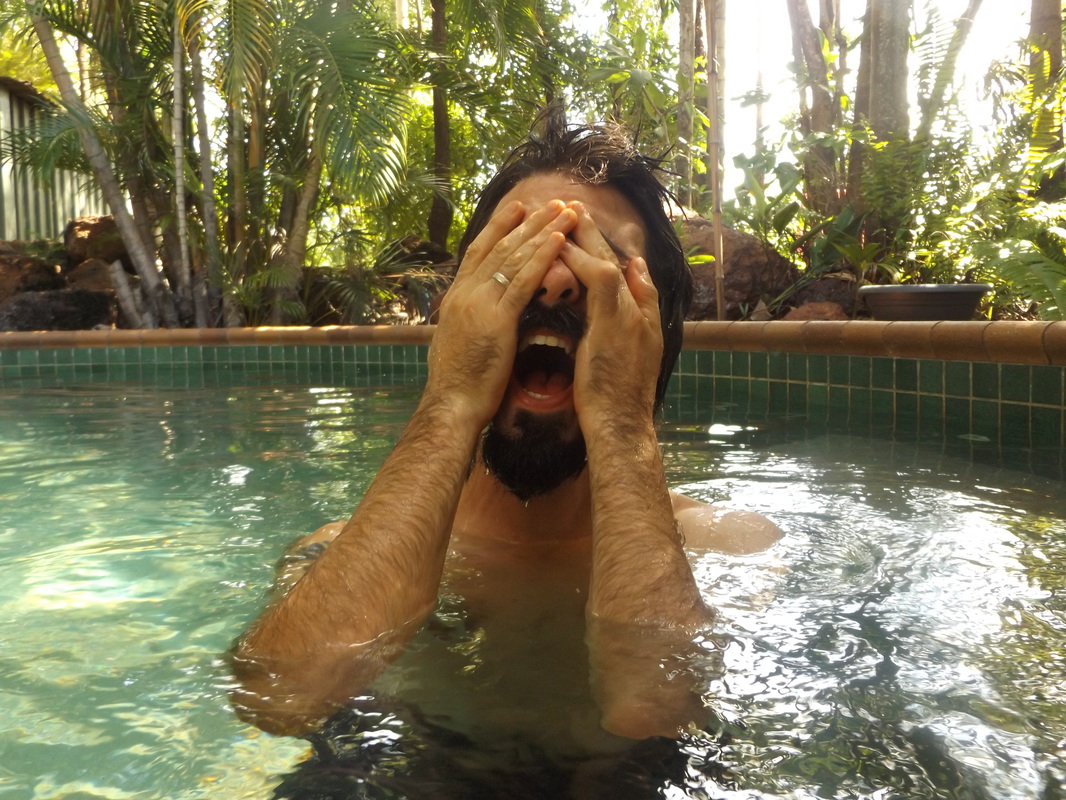
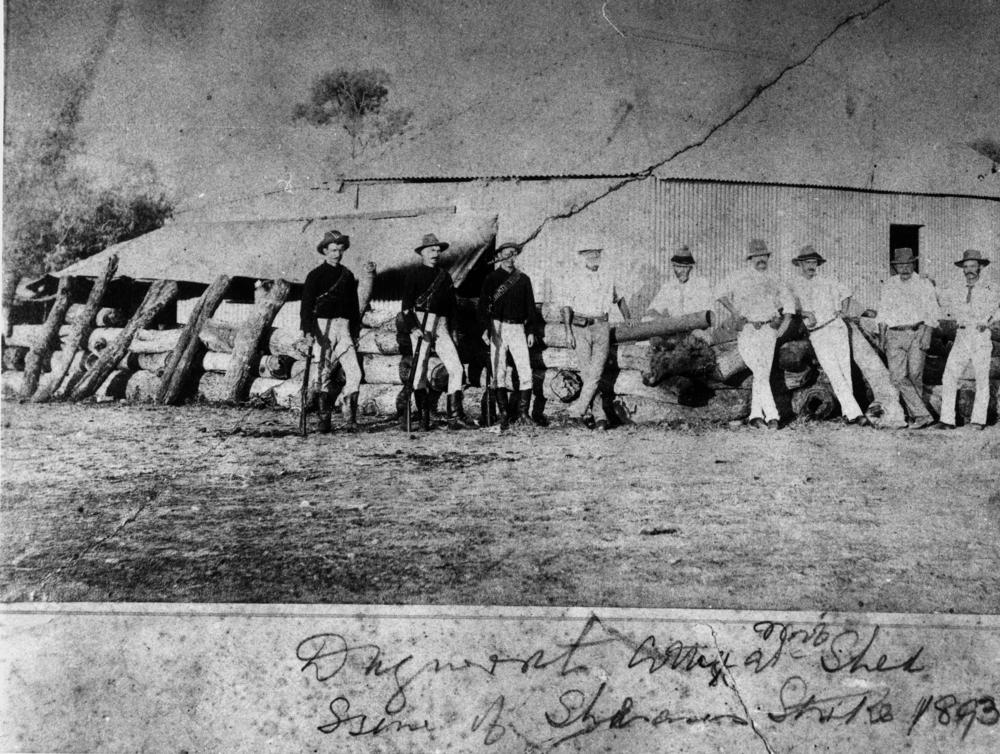
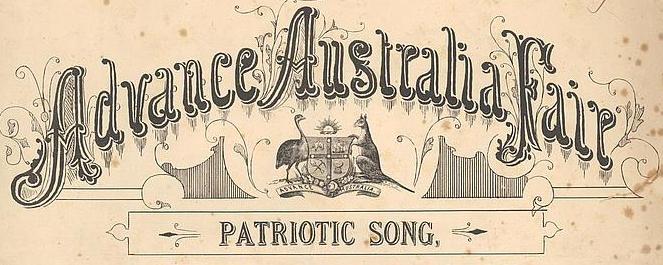
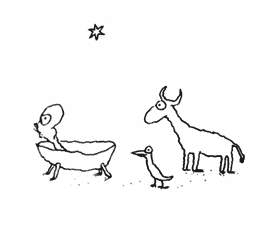
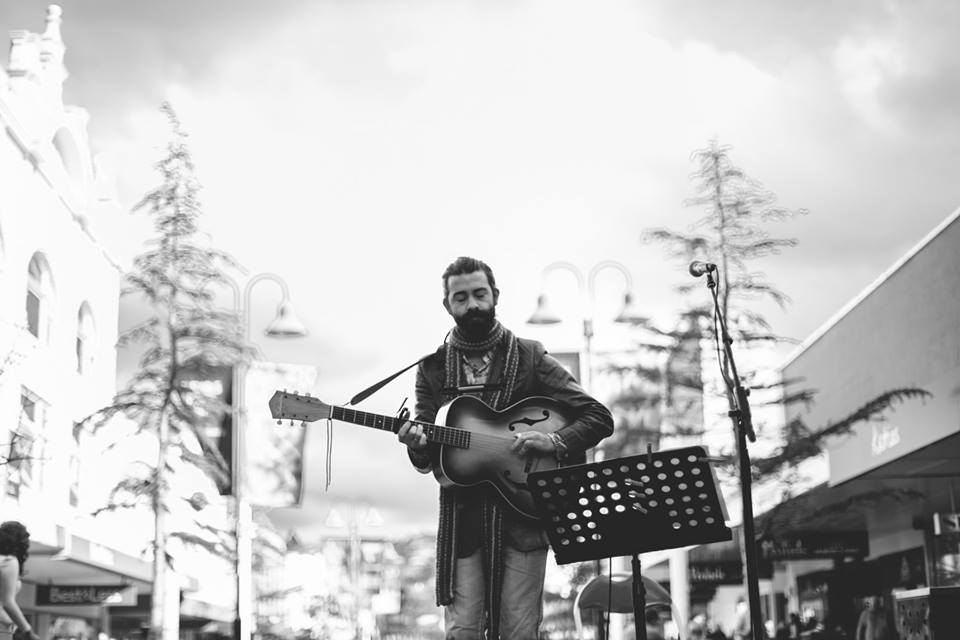
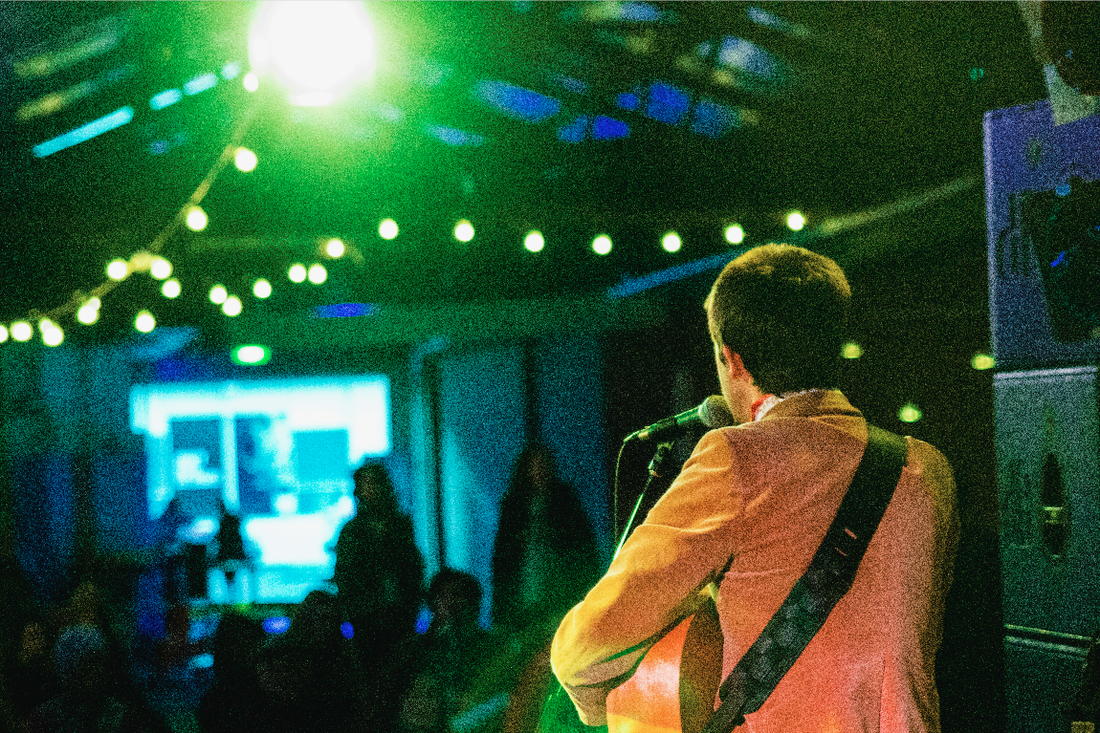
 RSS Feed
RSS Feed
